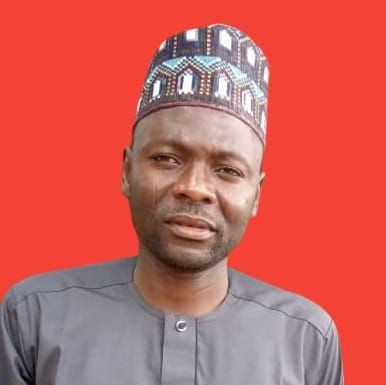By Bagudu Mohammed
When news broke that Lieutenant Haruna Samson, a doctor and army officer had been killed in a domestic dispute with his wife at Wellington Bassey Barracks, Akwa Ibom, the nation sighed in disbelief. On social media, someone wrote a grim piece of advice: “Stay away from your spouse’s phone. Don’t go looking for what your heart may not survive. Just pray and live in peace.”
Dark humour, yes but also a mirror of our collective reality. The once-sarcastic phrase “Something must kill a Nigerian” has quietly become prophecy.
The United Nations’ World Population Prospects ranks Nigeria lowest in global life expectancy 54.9 years. Men barely cross 54. Women, a fraction more. Below Chad. Below South Sudan. Below even countries torn apart by war. It’s not just poor governance to blame; it’s a national habit of living dangerously and calling it destiny.
We romanticize risk. We call recklessness “faith” and chaos “hustle.” We survive by flirting with death on roads, in hospitals, in marriages, and on social media. As Sartre said, “Freedom is what you do with what’s been done to you.” Our own freedom, it seems, is the right to self-destruct in style.
Consider Anjorin Oladunni, a Lagos fashion designer desperate for a child. After failed IVF attempts, she sought help from a herbal “doctor” she found on WhatsApp. His crude treatment nearly ended her life. Her story, reported by PUNCH Healthwise, is one of thousands lost in the noise of desperation. We have become a nation of citizen doctors treating, prescribing, and diagnosing one another online. WHO once warned that health misinformation “spreads faster than the virus itself.” In Nigeria, it spreads faster than hope.
Behavioral scientists note that people take the biggest risks when they feel they’ve already lost everything. In a country where life itself feels like a gamble, danger becomes strangely attractive. We trust strangers with our bodies, ignore medical advice, and baptize recklessness as “God’s will.”
The same fatalism governs our sexual lives. Adults dismiss condoms as “unspiritual” or “unromantic.” We joke about it, then mourn in silence when disease strikes. We bury facts with faith, reason with fear, and call it culture.
Meanwhile, depression festers behind smiles. A mother of four recently hanged herself in Jigawa one of many quiet deaths that pass through the news cycle like whispers. We are dying not just from poverty or hypertension, but from heartbreak and untreated trauma. Our slogan, “E go better,” hides a national fatigue too heavy for therapy and too common for alarm.
Ironically, we are among the world’s most religious people. Churches and mosques rise faster than hospitals, yet life expectancy remains among the lowest. Faith, stripped of reason, becomes fatalism. As Durkheim warned, societies fall not only from poverty but from anomie a moral confusion that erodes meaning itself.
We see it daily: in our road rage, in our joyless consumption, in adulterated food and fake drugs. We even toast to death with laughter, whispering “God dey” like a charm.
Indeed, something must kill a Nigerian not because death is inevitable, but because we have made peace with recklessness. From domestic violence and superstition to emotional fragility and social media medicine, we are slowly perfecting the art of self-destruction.
Education, therefore, must mean more than literacy or degrees. In this era, the highest form of wisdom is emotional intelligence the ability to think before reacting, to question before consuming, to value life beyond survival.
Until that wisdom takes root, we’ll remain a nation where intelligence builds hospitals, ignorance fills them, and faith buries the victims.
Something, indeed, must kill a Nigerian.
